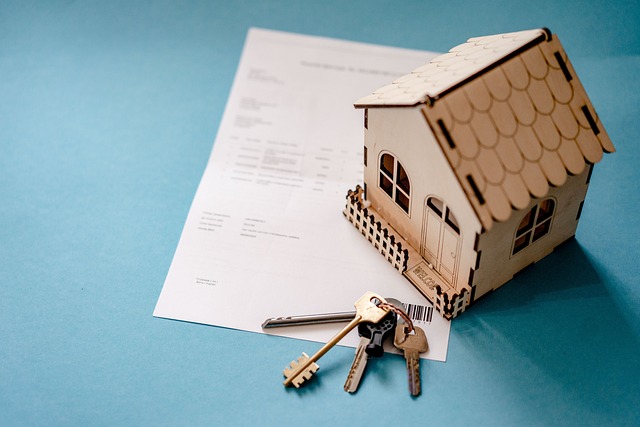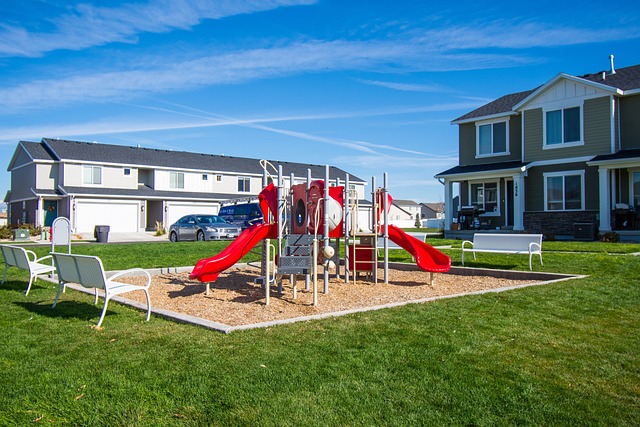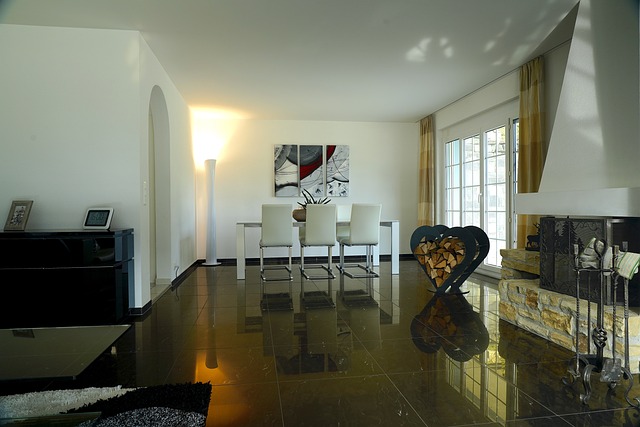Over the last decade, Executive Condo (EC) resale prices in Singapore have been affected by a variety of factors including market saturation, demographic shifts, and government housing policies. These elements influence demand and supply, affecting EC resale values significantly. Prospective investors should consider initial pricing at launch, estate maturity, broader economic conditions, and the Master Plan for housing when analyzing long-term price trends. The influence of factors like estate maturity, completion of occupation periods, aging properties, and changing homebuyer preferences are critical in determining resale prices. New launches, overall market conditions, and the transition of ECs through different occupancy stages also impact their value due to social and economic changes. Investors should monitor the resale price index for ECs alongside other property market indicators to anticipate long-term appreciation or depreciation, crucial for informed decision-making in purchasing, selling, or holding EC resale units. Over a ten-year period, EC resale prices are subject to economic growth, interest rates, and government policy adjustments that can affect eligibility, lease terms, and subsidy schemes, thereby influencing demand and supply. The interplay between market forces and policy changes is pivotal in understanding the long-term trend in Executive Condo resale prices. When considering reselling an EC after a decade, it's important to assess its age, market conditions, remaining lease tenure, location, unit condition, and renovations to determine its market value. Consulting with real estate professionals who specialize in EC resales can help sellers price their property competitively, taking into account all relevant factors to maximize returns within the current market landscape.
Over the course of a decade, an Executive Condominium (EC) transition from its initial launch to becoming a resale option, navigating market shifts and evolving government policies. This article delves into the trajectory of EC resale prices over ten years, offering valuable insights for homeowners considering selling their units. We explore historical trends, the impact of market dynamics and policy adjustments on EC resale value, and strategic approaches to pricing and sale. Understanding these factors is crucial for homeowners looking to maximize their investment in an EC after a decade. Join us as we analyze the long-term value trends of Executive Condos and equip you with the knowledge to make informed decisions in the resale market.
- Assessing the Long-Term Value Trends of Executive Condos: A Decade-Long Perspective on EC Resale Prices
- The Role of Market Dynamics and Policy Changes on EC Resale Price Fluctuations Over Ten Years
- Strategic Considerations for Selling an Executive Condo After a Decade: Factors Influencing Resale Value and Pricing Strategy
Assessing the Long-Term Value Trends of Executive Condos: A Decade-Long Perspective on EC Resale Prices

Over a decade, the resale prices of Executive Condos (ECs) in Singapore have been subject to various economic and demographic influences that shape their long-term value trends. These trends are influenced by factors such as market saturation, population growth, and changes in government housing policies, all of which can affect demand and supply dynamics. Investors looking at the resale price trajectory of ECs over a ten-year horizon should consider the initial pricing at launch, the maturity of the estate, and the broader economic climate. The Singaporean government’s Master Plan for housing, along with its efforts to manage population growth, plays a pivotal role in guiding the direction of resale prices. Additionally, ECs are unique in that they offer a middle-ground housing option for couples and families who do not qualify for public housing but cannot afford private property, which contributes to their market positioning and resale value.
Analyzing past resale price trends of ECs over a ten-year period reveals patterns influenced by factors such as the completion of minimum occupation periods, the aging of the estate, and the evolving preferences of homebuyers. The resale market for ECs is also impacted by new launches and the overall health of the property market in Singapore. As these condos transition through different stages of occupancy, their market value can be affected by a range of social and economic shifts, including changes in household composition, income levels, and financing options available to buyers. Consequently, tracking the resale price index for ECs alongside other property market indicators offers valuable insights into the potential long-term appreciation or depreciation of these properties. Investors should closely monitor these trends to make informed decisions about purchasing, selling, or holding onto Executive Condo resale units.
The Role of Market Dynamics and Policy Changes on EC Resale Price Fluctuations Over Ten Years

Over a span of ten years, the resale price of an Executive Condo (EC) can be significantly influenced by both market dynamics and policy changes. The real estate market’s fluctuations, driven by factors such as economic growth, interest rates, and consumer confidence, play a pivotal role in shaping the EC resale price trends. A robust economy often leads to higher demand for housing, which can drive up property values over time. Conversely, during economic downturns or periods of financial instability, the resale market may experience a slowdown, potentially causing prices to dip or stagnate. Interest rates also have a profound impact; lower rates generally stimulate demand as borrowing costs decrease, which can lead to an increase in EC resale prices.
Policy changes enacted by the government can have equally profound effects on EC resale prices over a decade. Policies that alter eligibility criteria for purchasing an EC, adjust lease terms, or revise subsidy schemes can influence demand and supply dynamics. For instance, if the criteria become more stringent, the pool of eligible buyers may shrink, potentially leading to a decrease in demand and putting downward pressure on prices. Conversely, policy relaxations might open up the market to a larger demographic, increasing competition and potentially pushing resale prices higher. Additionally, changes in the regulations governing the development and sale of ECs can affect construction timelines and availability, further influencing the resale market’s trajectory. It is the interplay between these market dynamics and policy adjustments over time that determines the long-term trajectory of an Executive Condo’s resale price.
Strategic Considerations for Selling an Executive Condo After a Decade: Factors Influencing Resale Value and Pricing Strategy

When contemplating the sale of an Executive Condo (EC) after a decade, sellers must consider a myriad of factors that influence resale price and devise effective pricing strategies. The EC’s age, market trends, and the remaining lease tenure are pivotal in determining its value. As an EC ages, its resale price may be affected by the diminishing lease tenure, which can deter some potential buyers who prefer a longer lease to avoid future costs associated with the extension of the lease. Conversely, the location, condition, and upgrades made to the unit can enhance its appeal and potentially offset the impact of an aging lease. Sellers should also scrutinize comparable market data to ascertain what similar units are fetching in the current market, adjusting their pricing accordingly to remain competitive yet profitable. A strategic pricing approach that aligns with the prevailing economic climate and buyer sentiment is essential for a successful transaction. Additionally, understanding the nuances of the EC’s development and how it stacks up against others in the vicinity can provide insights into the resale potential. Sellers should engage with real estate professionals who specialize in ECs to navigate this complex landscape and craft a pricing strategy that maximizes the return on investment while considering the unique attributes of their property.
Over the course of a decade, Executive Condos (ECs) have demonstrated a nuanced relationship with market dynamics and policy adjustments that significantly influence their resale prices. A thorough analysis reveals that while EC resale prices can exhibit volatility in response to broader economic trends and housing policies, they also present long-term value trends that are favorable for investors and original owners considering resale. Strategic considerations such as timing the market, understanding policy shifts, and assessing the unique attributes of individual ECs are crucial for optimizing resale value and pricing strategies. As evidenced by the data, an informed approach to selling an Executive Condo after ten years can yield substantial returns. Investors and residents alike should take heed of these findings when planning their EC resale journey.
